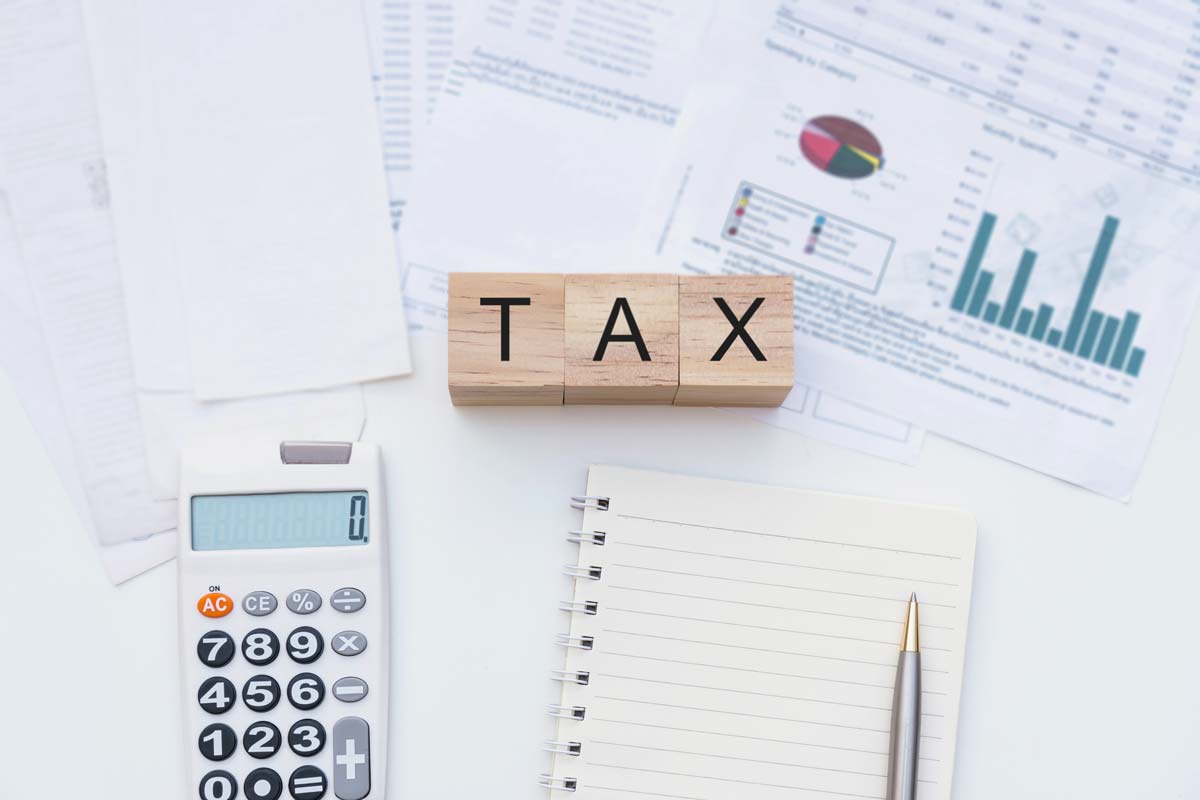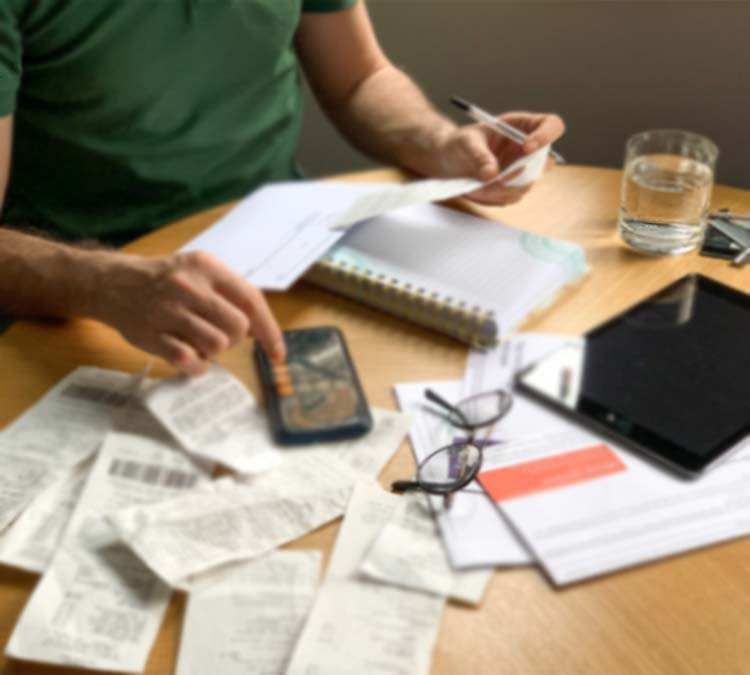In difficult trading conditions, a sole trader may realise a loss rather than a profit. Where this is the case, it is important that the trader realises that they may be able to claim tax relief for that loss. There is more than one way in which this can be done, and the best route […]
Introduction Employees often pay for certain work-related costs while carrying out their job duties. These costs may later be claimed back through the employer’s expense reimbursement process. However, it’s important for both employers and employees to understand that reimbursed expenses can sometimes create tax implications, depending on whether the expense is allowable under HMRC rules. This […]
Understanding the £100,000 Tax Trap in the UK Earning £100,000 or more is often seen as a sign of career success. However, in the UK tax system, crossing this threshold can trigger a series of hidden costs that significantly reduce your take-home pay. This is why the £100,000 income level is commonly referred to as […]
Introduction: What the Budget Means for Savers The Chancellor’s latest Budget has delivered disappointing news for UK savers. From 6 April 2027, tax on savings income will increase, and the rules around cash ISAs will become more restrictive for many individuals. These changes could significantly affect how savers manage their money and plan for the future. Understanding the […]
The Decline of Paper Receipts It has become increasingly common for shops and restaurants to ask customers, “Do you want a receipt?” Saying no may feel like an environmentally friendly choice, but for business customers, this can be a costly mistake. While individuals do not usually need receipts for personal purchases—since consumer rights remain valid […]
Selling a buy-to-let property has become a common choice for many landlords, especially with recent tax changes and the reduced protections introduced under the Renters’ Rights Bill. But in today’s slower buyer’s market, the sale process may take several months — and during this waiting period, landlords often continue to incur various expenses. Whether these […]
Proposed IHT Changes for Pension Pots The government has released draft legislation for the upcoming Finance Bill that could bring unused pension pots within the scope of inheritance tax (IHT) starting 6 April 2027. Naturally, this has prompted many savers to wonder — should I withdraw my pension now to avoid the potential tax hit later? Before rushing into […]
When Tenants Refuse to Leave For many landlords, few situations are more stressful than dealing with tenants who refuse to vacate a property — even after being served a valid Section 21 or Section 8 notice. Unfortunately, this leaves landlords with no choice but to go through the eviction process, which involves both time and […]
When renting out a property, landlords usually request a deposit from tenants — often called a security deposit, damage deposit, or rental deposit — to cover potential property damage or unpaid rent. In some cases, a holding deposit is also taken to temporarily reserve the property while paperwork is processed.Knowing how to correctly handle these deposits for tax purposes is essential for landlords. […]
Introduction Umbrella companies are often used by recruitment agencies to pay temporary or contract workers. While many operate legitimately, a growing number are involved in tax avoidance and non-compliant schemes. To protect workers, HMRC is increasing efforts to tackle umbrella company fraud — including publishing Spotlight 71, which outlines key warning signs to watch out for. If you’re […]










